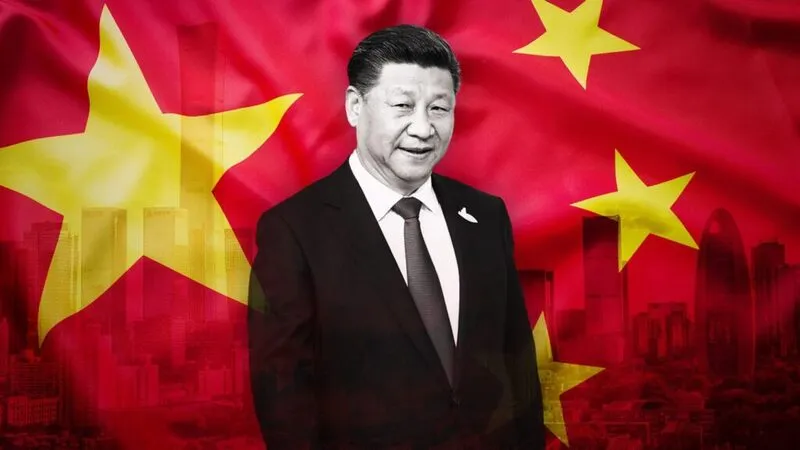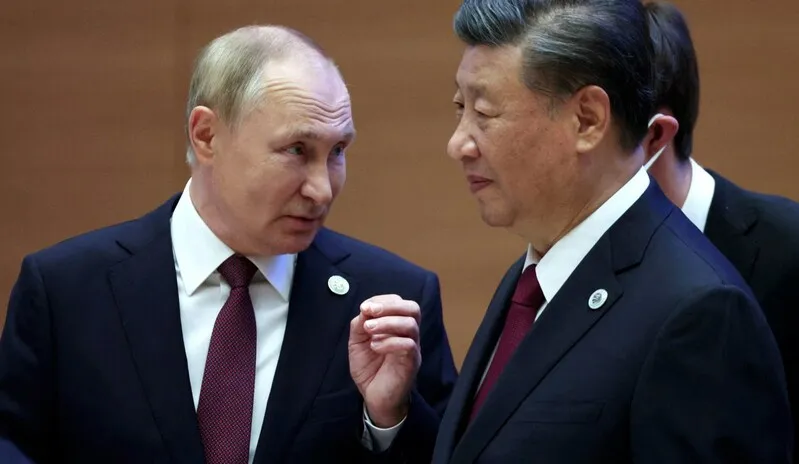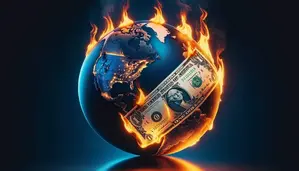The upcoming BRICS summit has been thrown into chaos as Xi Jinping becomes the first Chinese leader to skip the gathering since taking power over a decade ago. At the same time, Vladimir Putin also won’t be attending the July 6-7 meeting in Rio de Janeiro due to an ICC warrant that complicates his travel. This unprecedented situation has created what many observers are calling a BRICS leadership crisis, and it’s raising serious questions about the future of the Brazil BRICS meeting.
Also Read: BRICS: The 2025 Summit That Could Undermine the US-Led World Order
ICC Warrant And Leadership Crisis Rock BRICS Summit

Putin’s Absence Due to Legal Complications
Putin skips BRICS primarily because of legal issues stemming from an International Criminal Court arrest warrant. The ICC issued the warrant back in March 2023 over alleged war crimes, specifically the illegal deportation of Ukrainian children during Russia’s invasion of Ukraine.
Russian President’s foreign policy aide Yuriy Ushakov was clear about the fact that:
“This is related to certain difficulties in the context of the ICC’s demands, as you know, and precisely in this context, the Brazilian government was unable to take a clear position that would allow our president to participate in this meeting.”
Brazil, as an ICC member state, would have to arrest Putin if he entered the country. Instead, Putin will participate via video link while Foreign Minister Sergey Lavrov attends the summit in person. This isn’t the first time Putin has avoided ICC member states – he also skipped the G20 summit in Brazil last November.
Xi Jinping’s Historic First-Time Absence
Now, Xi Jinping is not going to participate in a BRICS summit the first time since he became the leader of China. Premier Li Qiang will instead head the Chinese delegation, taking over the leadership mantle that he also engaged in at the 2023 G20 summit in India. Beijing has confirmed that Xi is absent from the BRICS summit due to a scheduling conflict.
Nevertheless, more might be behind this decision. Chinese officials involved in preparations noted that Xi Jinping met with Brazilian President Luiz Inácio Lula da Silva two times last year. Some reports also mention that Beijing was displeased with Brazil hosting a state dinner for Indian Prime Minister Narendra Modi, which would overshadow Xi’s presence at the Brazil BRICS meeting.
Brazil’s Diplomatic Challenges and Disappointment
Brazilian officials have expressed clear disappointment over what’s becoming a BRICS leadership crisis. Lula had traveled to Beijing in May as “a gesture of goodwill” with expectations that Xi Jinping would reciprocate by attending the Rio summit.
China’s foreign ministry spokesperson Guo Jiakun stated:
“China supports Brazil’s presidency of the BRICS.”
He also said:
“In a volatile and turbulent world, BRICS nations maintain their strategic resolve and work together for global peace, stability and development.”
The geopolitical tensions surrounding this summit reflect broader challenges within the BRICS bloc. At the time of writing, the group faces increasing difficulties in maintaining consensus among its member countries, and the absence of both major leaders certainly doesn’t help matters.
Impact on BRICS Unity and Future Direction
The fact that the two leaders were in absence at the same time reveals how the warrant issues on ICC and diplomatic stress can demolish international cooperation. The practical difficulty of this expanded bloc of BRICS that has since incorporated Egypt, Ethiopia, Iran, and UAE as other members is brought into the fore by this incident. The fact that Putin does not attend BRICS events because of legal realities, and Xi JinPing chooses not to go because of diplomatic considerations, leave its capacity to put up a united front in serious doubt.
Also Read: BRICS Inspires 15 Countries To Use Homegrown Payment System
The summit will carry on with Premier Li Qiang and Foreign Minister Lavrov leading the two major powers, but this leadership vacuum creates uncertainty about BRICS’ next steps and the alternatives to Western-owned institutions that the bloc has projected to develop.






